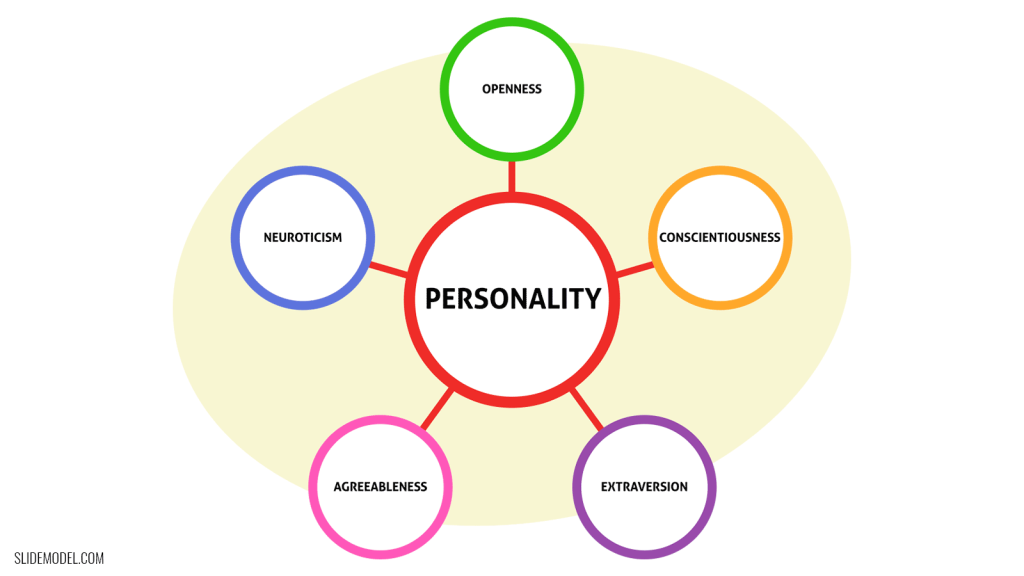By Shashikant Nishant Sharma
In a world that often seeks conformity, it’s the unique personal traits that truly distinguish one individual from another. Each person carries within them a blend of characteristics, quirks, and experiences that shape their identity and set them apart from the crowd. These traits not only define who we are but also influence how we navigate through life’s challenges and opportunities. Let’s delve into some of these personal traits that contribute to our individuality:

- Personality: At the core of our uniqueness lies our personality – the amalgamation of traits, behaviors, and patterns of thinking that make us who we are. Whether we’re introverted or extroverted, analytical or creative, our personality traits dictate how we interact with others and perceive the world around us.
- Passions and Interests: Our passions and interests are like fingerprints, distinguishing us from one another. Whether it’s a love for literature, a fascination with technology, or a dedication to a particular hobby, these interests shape our experiences, relationships, and life pursuits.
- Values and Beliefs: Our values and beliefs serve as guiding principles that influence our decisions, actions, and interactions with others. Whether rooted in religion, culture, or personal experiences, these convictions shape our moral compass and contribute to our sense of identity.
- Strengths and Weaknesses: Each of us possesses a unique set of strengths and weaknesses that influence how we approach challenges and opportunities. Whether it’s a talent for problem-solving, a knack for empathy, or areas where we struggle, embracing these traits allows us to harness our potential and grow as individuals.
- Life Experiences: Our life experiences – from triumphs to tribulations – shape our perspectives, resilience, and outlook on life. Whether it’s traveling to new places, overcoming adversity, or forming meaningful relationships, these experiences enrich our lives and contribute to our personal growth.
- Communication Style: How we communicate – whether through words, body language, or expressions – reflects our unique communication style. Whether we’re eloquent speakers, attentive listeners, or adept at nonverbal cues, our communication style influences how we connect with others and express ourselves.
- Creativity and Imagination: Creativity is the spark that ignites innovation and originality, allowing us to think outside the box and approach problems from new perspectives. Whether expressed through art, music, writing, or problem-solving, our creativity sets us apart and infuses our lives with richness and depth.
- Sense of Humor: A sense of humor is a unique trait that brings lightness and joy to our interactions and relationships. Whether we’re quick-witted, sarcastic, or have a penchant for puns, our sense of humor adds flavor to our personalities and helps us navigate life’s ups and downs with grace and laughter.
- Empathy and Compassion: Empathy and compassion are qualities that connect us to others on a deeper level, fostering understanding, kindness, and empathy. Whether it’s offering a listening ear, extending a helping hand, or showing empathy towards others’ struggles, these traits enrich our relationships and make the world a better place.
- Resilience and Adaptability: Resilience and adaptability are essential traits that enable us to weather life’s storms and thrive in the face of adversity. Whether it’s bouncing back from setbacks, embracing change, or navigating uncertain times, these traits showcase our strength and resilience in the face of challenges.
In essence, it’s the unique combination of these personal traits that makes each of us a one-of-a-kind individual. Embracing our individuality allows us to celebrate our differences, connect with others authentically, and contribute our unique perspectives and talents to the world around us. So let us cherish our personal traits, for they are the threads that weave the tapestry of our identity and make life a colorful and enriching journey.
References
Blickle, G. (1996). Personality traits, learning stratigies, and performance. European Journal of personality, 10(5), 337-352.
Borghans, L., Duckworth, A. L., Heckman, J. J., & Ter Weel, B. (2008). The economics and psychology of personality traits. Journal of human Resources, 43(4), 972-1059.
Goldberg, L. R. (1993). The structure of phenotypic personality traits. American psychologist, 48(1), 26.
Hampson, S. E. (2012). Personality processes: Mechanisms by which personality traits “get outside the skin”. Annual review of psychology, 63, 315-339.
Matthews, G., Deary, I. J., & Whiteman, M. C. (2003). Personality traits. Cambridge University Press.
Olver, J. M., & Mooradian, T. A. (2003). Personality traits and personal values: A conceptual and empirical integration. Personality and individual differences, 35(1), 109-125.
Sharma, S. N. (2016). Introduction to Sociology. New Perspectives in Sociology and Allied Fields, 1.


You must be logged in to post a comment.